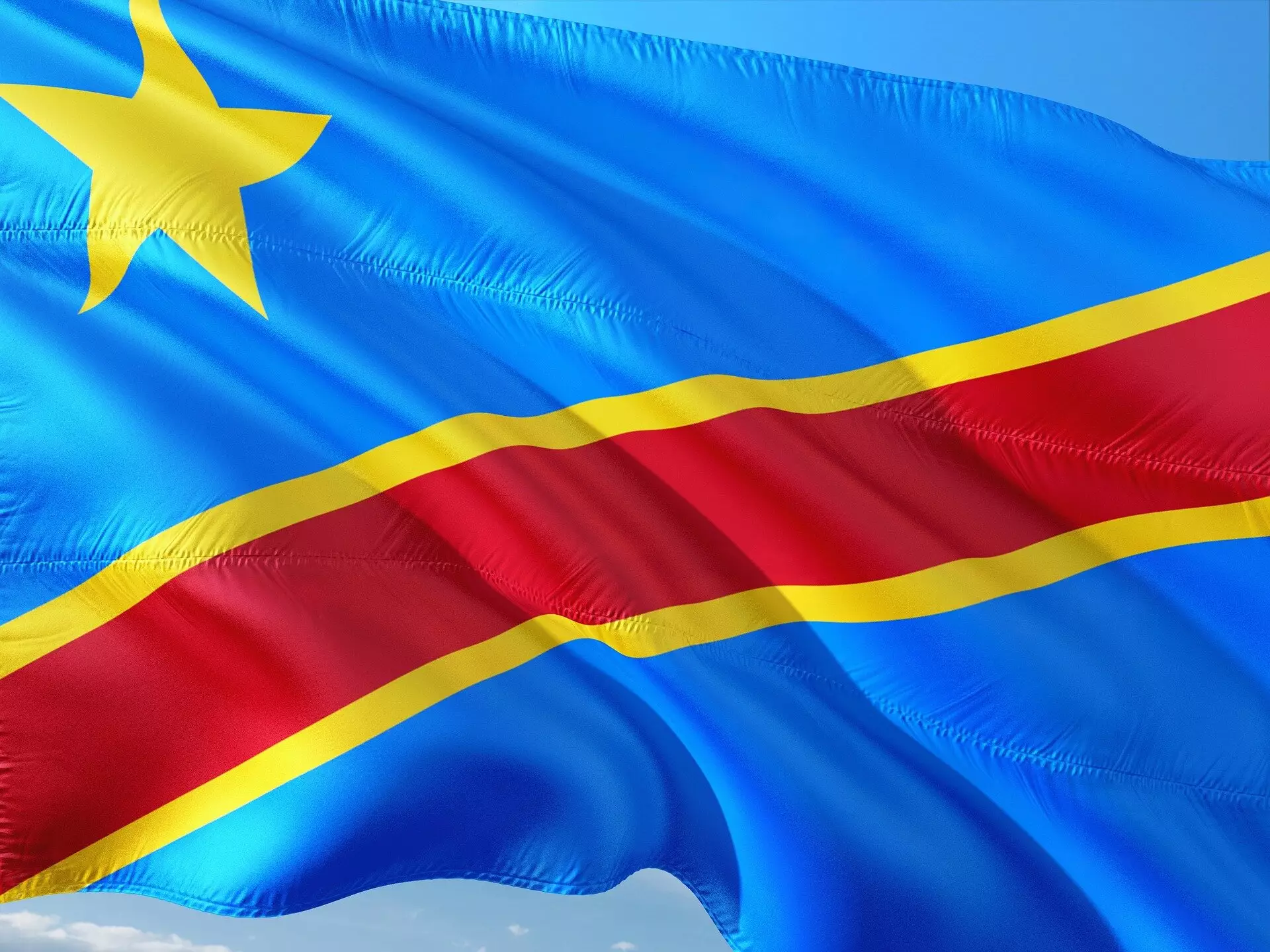The Democratic Republic of the Congo (DRC), home to approximately 70% of the world’s cobalt supply, is often depicted in global narratives as merely a victim of international mining exploitation. Reports frequently highlight the struggles of the DRC under foreign powers—China, the United States, and various European nations—to extract its mineral wealth. However, a closer examination of the DRC’s role reveals a more nuanced picture, indicating that the nation possesses significant leverage in shaping the global cobalt market. This leverage stems from the DRC’s strategic position as a leading producer of cobalt, which is indispensable in the manufacture of electric vehicle (EV) batteries and key to the modern energy transition.
The roots of the current mineral exploitation can be traced back to the colonial era, specifically the period of Belgian control from 1885 to 1960. During this time, the DRC’s resources were voraciously extracted with little regard for the local populace. This history of exploitation laid the groundwork for present-day dynamics, where the DRC remains a significant source of cobalt yet struggles to translate its mineral wealth into improved living conditions for its citizens. Despite being at the nexus of the global battery supply chain, a staggering 74% of the DRC’s population lives in poverty, revealing a systemic failure to benefit from the country’s natural resources.
Our thorough investigation into the political landscape surrounding cobalt mining indicates that the DRC government retains substantial control over mining operations and policies, impacting international vendors and shaping supply chains on a global scale. When political leaders in Kinshasa and regional powers in mining-centric areas such as Kolwezi make decisions, these actions ripple outward, affecting the operations of global corporations. For instance, when the DRC government temporarily halted exports from a major Chinese-owned mine in 2022 due to financial disputes, the repercussions halted around 10% of the global cobalt supply, underscoring the power held by Congolese authorities.
Furthermore, regional political upheavals, such as the appointment of new governors, can significantly disrupt operations. The case of Governor Fifi Masuka Saini showcases how local actors can realign the power investments of Chinese companies and demand compliance with new regulatory environments. Such local political dynamics illustrate that while the big players in the cobalt market may be based in foreign countries, the influence of the DRC government can dictate terms of engagement.
Despite its critical supply chain role, the benefits of the cobalt industry largely elude the Congolese population. Most artisanal miners, estimated at about 150,000, labor under grueling conditions in at least 67 mines spread across the southeastern region of the country. Dangerous working environments, where miners are at risk of being buried in collapses or exposed to toxic substances, reveal a human tragedy that underscores the morally complex landscape of cobalt extraction. Furthermore, the existence of corrupt cooperatives—which capitalize on the miners’ labor by seizing upwards of 50% of their earnings—compounds the issues, leading to entrenched poverty among local communities.
The involvement of child laborers, numbering around 40,000, adds another layer of ethical concern in the cobalt mining sector. This exploitation stands in stark contrast to the increasing demand for ethically sourced materials in global supply chains, forcing markets to reckon with the reality of their origins. The lingering legacy of colonial exploitation has morphed into contemporary patterns of dependency and abuse, and urgent reforms are needed on both local and global levels.
Addressing these complexities requires a paradigm shift in how international powers approach resource-rich nations like the DRC. Countries such as the US and China need to recognize the DRC not merely as a supplier of raw materials, but as a partner in the global transition to renewable energy. This involves advocating for fairer contracts, fostering local supply chains, and encouraging the domestic processing of minerals—steps that could significantly enhance the socio-economic conditions for Congolese communities.
Moreover, engaging with local interests and allowing for their voices in international economic discussions could empower the local populace and ensure that they do not bear the brunt of what is often framed as a modern clean energy revolution. By spotlighting these overlooked dynamics in cobalt extraction and refining, we clarify the intricacies involved in transitioning to renewable technologies while emphasizing the urgent need for ethical considerations that encompass the entire supply chain.
The DRC stands at a crossroads. As the global demand for cobalt continues to rise amid the electric vehicle revolution, it holds not only the resources but also the potential to redefine its role on the world stage. However, this requires a collective acknowledgment of the pressing need for ethical practices that prioritize the well-being of local communities alongside the broader goals of energy transition.


Leave a Reply